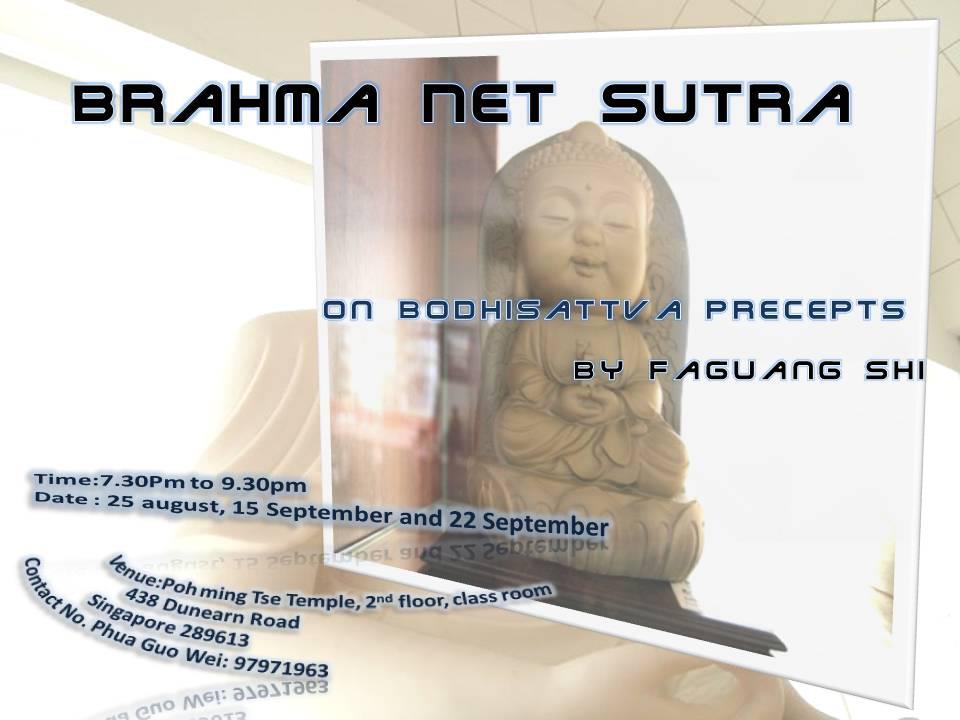First off, what is Infallibility? It is the notion or state of never being wrong. The question is … is it possible? How do we know if we are infallible or not?

Most of us would not outrightly think that of oneself. But in some cases, we may unknowingly, harbour such a view, a pernicious one if I may add. What are the features or tell-tale signs you ask? Here’s what to look out for:
If you often think
“Why am I always the one at fault?” … or “Sure they are wrong too?”
This is a sign that we are not able to admit one’s wrong or mistake. Granted, there are times where we are indeed right, but the point is whether we do see that we are sometimes wrong.
“I cannot be bothered to argue with you”
There’s nothing wrong with not wanting to argue, but if this is our default to any disagreements, it may point to our latent wish to not have our view point torn down. We wish to continue to be ‘right’ in our bubble.
Or maybe we really cannot be bothered in that one particular case. Only one person know the real reason. Ourselves.
“I lost the argument only because … I do not know how to argue
… out of respect
… XYZ”
If we often think in this way or if this is the default reason, alarm bells should be going off anytime … now! If our default is this, then it means that we are never wrong. It means that we are infallible.
The danger of such thinking is that anytime there is a difference between our view and others’ … we automatically think that others are wrong. This shuts the door for learning, for the very premise of learning begins with recognising that there is something that we do not know.
To think that we are infallible, is in other words, to think that we know everything, hence cannot possibly be wrong.
In a sense, to know that we are not infallible, that we do not know everything … yet … is quite an exciting proposition.
It is like watching a movie and not knowing whatever plot is to come. There is that sense of wonder, of curiosity … in this case, not just of the movie plot … but the plot of life itself!
I don’t know about you, but if I am you, I would embrace it and jump in and ride the crest of life, to explore, to discover, to realise!
Have a nice day … unless you have other plans … …
… … or if you know everything already … in which case, it will be the day that you already know … and why are you still reading this … since you already know everything … ha!





